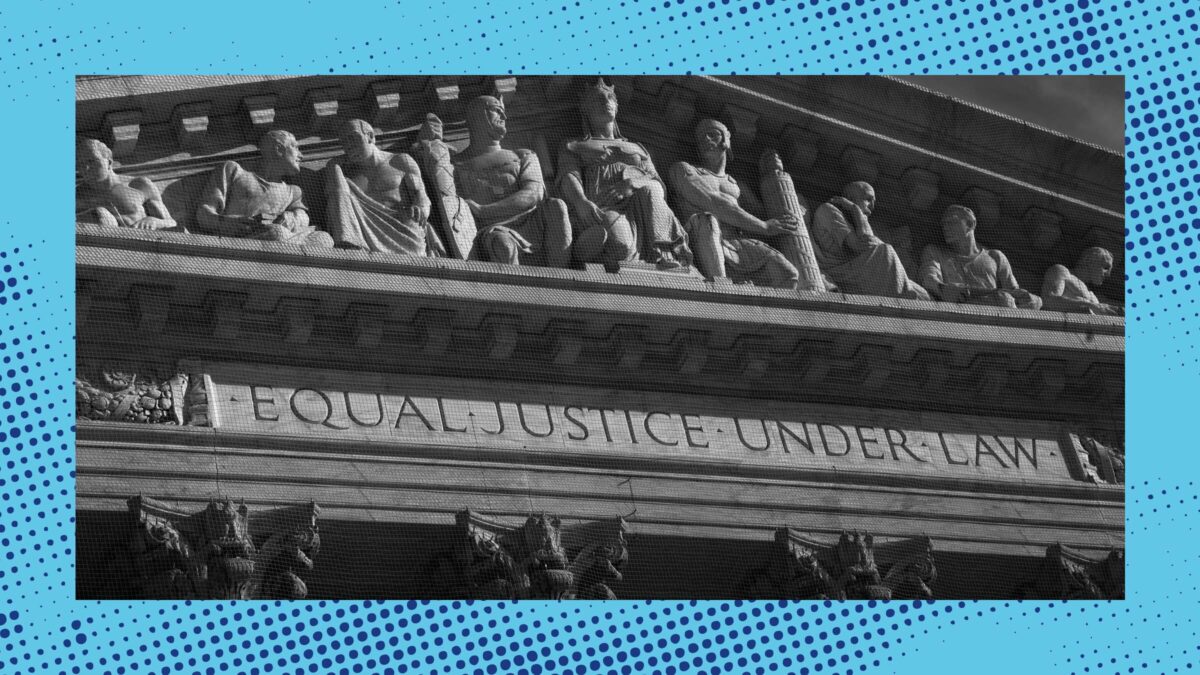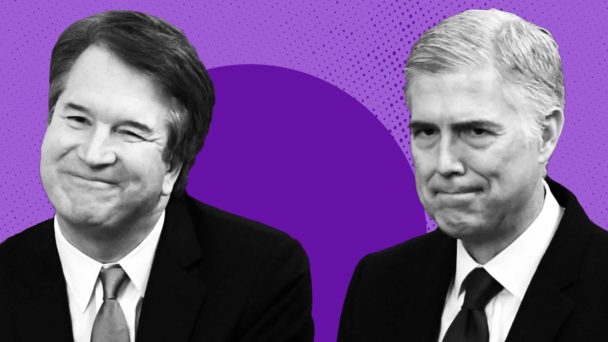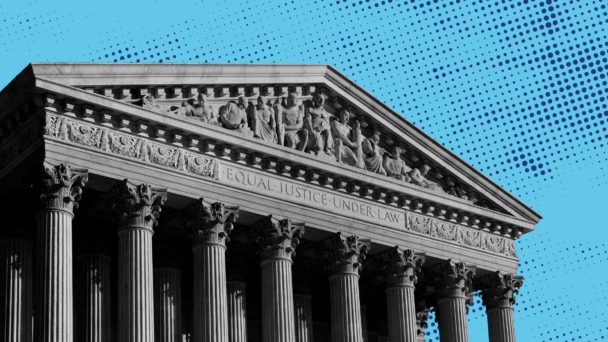The Consumer Product Safety Commission has developed a charming reputation online. Not only does the federal agency work to make sure the products you buy don’t get you injured or killed, it is weird as shit on social media, serving up its public safety messages with delightfully bizarre, homemade memes—a pleasant reminder that the government can be weird in a fun, quirky way, and not just a Republican menstruation monitor way.
But not everyone views the agency so favorably. Consumers’ Research, a conservative advocacy organization whose website boasts of targeting companies that “put woke politics above consumer interests,” sued the CPSC in July 2021. Earlier that year, CPSC issued a rule modifying its Freedom of Information Act practices, increasing the per-page fee for paper copies by 5 cents and eliminating production fees for electronic copies. Consumers’ Research, which often files FOIA requests with CPSC, requested a fee waiver; when CPSC denied it, Consumers’ Research filed a federal lawsuit.
The organization’s ambitious argument is that the CPSC’s five-cent-per-page fee hike is invalid because the structure of the agency itself is unconstitutional. This is sort of like objecting to a ref calling LeBron James for a foul on the grounds that the NBA didn’t file its articles of incorporation properly.
If a court were to agree that the CPSC’s structure is unconstitutional, the consequences would extend far beyond copy fees: It would call into question the legality of the agency’s rules that set all kinds of safety standards, from reducing strangulation hazards on swings for infants, to making sure imitation firearms have markings to differentiate them from the real thing, to testing the flammability of textiles used in clothes. The regulations of similarly-structured agencies—the Federal Communications Commission, the National Science Foundation, and the Small Business Association, to name a few—would become constitutionally vulnerable as well.
Fortunately, the Supreme Court declined to hear the Consumers’ Research petition for review last week, thus protecting—for now—the CPSC’s ability to do its job and do cool memes in the process. But right-wing networks mobilized to push the Court to take up the case. And in doing so, they previewed the next phase of the conservative legal movement’s attack on administrative agencies’ ability to do their jobs for the American people.
The CPSC’s structure is pretty standard for independent agencies: It is led by five commissioners, appointed by the president and confirmed by the Senate, who serve for seven-year terms. By law, no more than three commissioners may be members of the same political party. The commissioners also have for-cause removal protections, which means that the president can remove commissioners for “neglect of duty or malfeasance in office,” but not just because they feel like it. Consumers’ Research argued that this makes the agency’s structure unconstitutional: The commissioners exercise executive power, but are not accountable to the chief executive—the president.
This is not the first time conservatives have fought an agency rule by asserting that an entire agency is unconstitutional; the Consumer Finance Protection Bureau, in particular, has faced such lawsuits again and again. Conservatives are often resentful of administrative agencies’ light pull at the reins of corporate greed, and distrustful of the agencies’ usual prioritization of subject matter expertise over partisan loyalty. One of their favorite justifications for stymieing agencies’ work is claiming that agency heads cannot have for-cause removal protections. This idea is known as the unitary executive theory: It contends that presidents can’t do their duty to take care that laws are faithfully executed unless they can fire executive branch workers at will.
By centralizing power in one individual and allowing them to wield that power for whatever reason, the unitary executive theory nudges the country along to a diet dictatorship. So—prepare to be shocked—it has gained a lot of traction in the conservative legal movement.
Judge Jeremy Kernodle, a Trump-appointed district court judge, initially agreed with Consumers’ Research that the CPSC’s structure is unconstitutional. But the Fifth Circuit—dependably the most conservative federal appeals court in the country—reversed by a 2-1 vote, reasoning that although the Supreme Court has used the unitary executive theory to gut administrative agencies, those rulings have been limited to agencies with a single head with for-cause removal protections, and have specifically excluded multi-member agencies like the CPSC. Judge Don Willett, a Trump appointee, acknowledged for the three-judge panel that the governing precedent “has not been overruled—at least not yet,” and emphasized the Fifth Circuit’s responsibility to “follow binding precedent, even if that precedent strikes us as out of step with prevailing Supreme Court sentiment.” Consumers’ Research petitioned for the full Fifth Circuit to rehear the case, but lost by a 9-8 vote.
Consumers’ Research then petitioned the Supreme Court for review, and a bunch of conservative organizations and elected officials urged the Court to intervene. “There are few precedents more worthy of this Court’s reconsideration,” the Cato Institute wrote in an amicus brief, pointing out that the justices have chipped away at for-cause removal protections so much already that “lower courts recognize that little remains.” The attorneys general of 16 states, led by Louisiana, criticized for-cause removal protections for allowing presidents to operate “in an accountability-free world where so-called independent agencies are involved.” Eleven members of Congress, including Senator Ted Cruz, similarly called on the Court to “ensure the political accountability the Constitution mandates” by holding the CPSC’s structure unlawful.
Despite these pleas, the Supreme Court was unpersuaded—at least, this time. It is clear, though, that the internet’s favorite administrative agency is now in the crosshairs of the conservative legal movement, along with the dozens of other agencies that share its structure. While conservatives control the judiciary, all government agencies that protect the public exist under constant threat.






